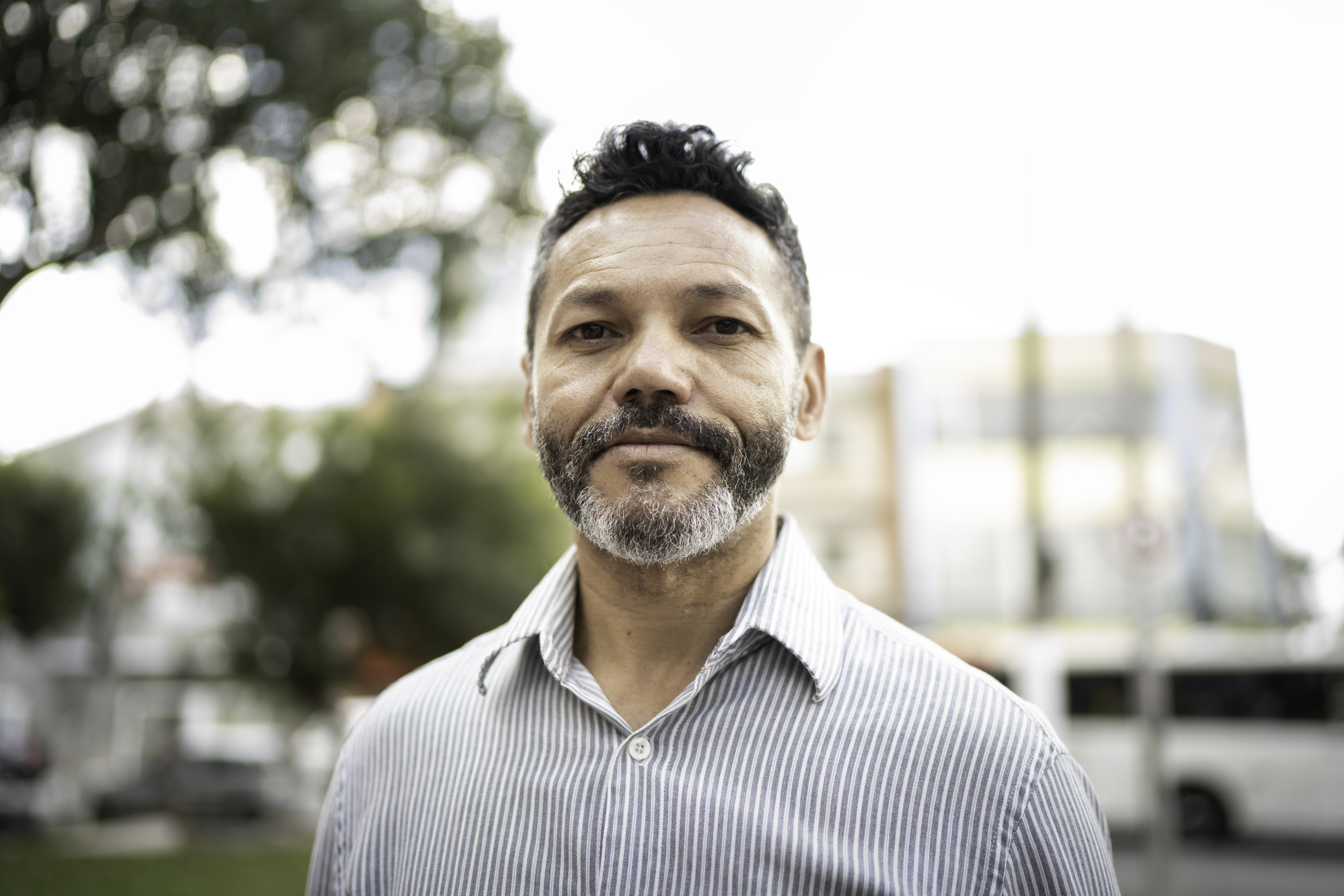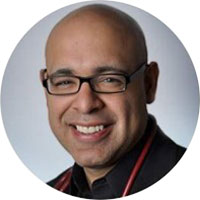Get Easy Health Digest™ in your inbox and don’t miss a thing when you subscribe today. Plus, get the free bonus report, Mother Nature’s Tips, Tricks and Remedies for Cholesterol, Blood Pressure & Blood Sugar as my way of saying welcome to the community!
10 ways to avoid prostate cancer

Since about one in six U.S. men will be told they have prostate cancer in their lifetime, you may be wondering what you can do to reduce your risk factors. There are many different reasons that men get prostate cancer. Some, like family history, race, and genetics, are beyond your control. But many of the contributing factors are preventable and controllable through lifestyle changes and healthy living. So here’s what you CAN do to improve your prostate health and prevent prostate cancer.
Get screened
Some men are at higher risk for prostate cancer. Even if you are not able to prevent prostate cancer, getting screening early and regularly with the prostate-specific antigen (PSA) test and digital rectal exams (DREs) can help you to monitor your prostate health and take swift action if you do find anything concerning. Early treatment increases your chances of beating this disease.
When should you get a PSA test? Even though prostate cancer is usually diagnosed when men are in their 50s or older, younger men are being diagnosed sooner due to early screening.
Eat foods that kill cancer
Whether you are trying to prevent cancer or already are fighting it, eating cancer-killing foods is an easy way to improve your health. Eat plenty of cruciferous vegetables (broccoli, kale, cabbage, and others), which are high in cancer-fighting compounds. Other important foods in an anti-cancer diet include lycopene-rich tomatoes and tomato products, cayenne pepper, pomegranates, mushrooms, turmeric/cucumin, and green tea. These foods are all part of the The Prostate Diet, a healthy plan for supporting prostate health.
Drink green tea
Green tea is one of the top drinks for prostate health for a good reason. Studies have shown that men who drink green tea have a reduced risk of prostate cancer. The catechins found in green tea are antioxidants that can also help men with a precancerous condition called prostate intraepithelial neoplasia (PIN).
Avoid foods that can cause prostate cancer
Certain foods like red meat, sugar, artificial sweeteners, fried foods, and fast foods are associated with an increased risk for prostate cancer. Avoid well-done meat and cooking meat at high temperatures.
Avoid chemicals and toxins
Our environment contains chemicals and toxins that can increase risk for prostate cancer and other cancers as well. Reduce your exposure to pesticides by eating organic and avoiding using them in and around your home. It is also important to avoid foods that come in cans lined with bisphenol-A (BPA) or in plastic containers that contain BPA.
Take supplements that support prostate health
If you want to maximize your prostate health, taking supplements (in addition to eating a healthful prostate-friendly diet), can help support your immunity and maintain a healthy prostate. Two common prostate conditions, prostatitis and benign prostatic hyperplasia (BPH), can put men at an increased risk for prostate cancer. Taking a top prostate supplement can help you gain control of your prostate health support the measures you are taking to prevent prostate cancer.
Reduce stress
Many experts believe that stress triggers an immune system response that initiates the uncontrollable cell mutation that is associated with cancer. Chronic stress can also lead to chronic inflammation, which is associated with cancer and other health problems. That is why it is important to take measures to manage stress. One method is meditation, which reduces your production of the stress hormone cortisol. Some men relieve stress through counseling, group therapy, exercise, yoga, and tai chi. Explore different methods to find what helps you reduce stress.
Exercise more
Exercise has many health benefits, and research shows that exercising more can reduce your risk for prostate cancer. The best exercises for prostate health and preventing prostate cancer include moderate to vigorous exercises. Need motivation? A recent study found that doing at least three hours of vigorous activity every week is associated with a 61 percent lower risk of dying from prostate cancer.
Achieve and maintain a healthy weight
Obese men are at an increased risk for prostate cancer. There are a number of studies showing the link between being overweight and having a higher prostate cancer risk. Plus, having a healthy weight can help you fight prostate cancer better and fight more aggressive forms of prostate cancer.
Eat fatty fish that are high in omega-3 fatty acids
Eating fatty fish that are high in omega-3 fatty acids can lower your risk for prostate cancer. A Swedish study that involved more than 2,600 men found that the men who ate fish rich in omega-3 at least once per week enjoyed a 43 percent lower risk of prostate cancer compared to men who do not eat that kind of fish. Salmon, tuna, mackerel, sardines, and herring are some of the best sources of omega-3 fatty acids.
While you may not have control over all the contributing factors for prostate cancer, you can control certain elements of your lifestyle such as diet, exercise, and avoiding certain substances. That goes a long way in maximizing your prostate health and in positively affecting your long-term survival in beating prostate cancer if you find yourself among the “one in six” men who do get it. Remember to get screened, be aware of your own risk factors, and to talk to your doctor if you have any concerns.
Editor’s note: Did you know that when you take your body from acid to alkaline you can boost your energy, lose weight, soothe digestion, avoid illness and achieve wellness? Click here to discover The Alkaline Secret to Ultimate Vitality and revive your life today!












